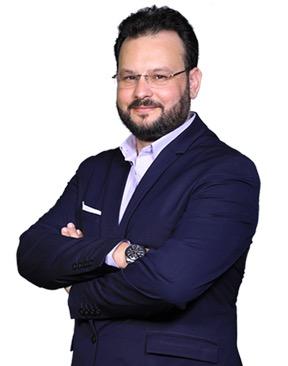Laparoscopic surgery is a medical technique that involves performing operations through very small incisions in the body using specialized tools and a camera. This approach reduces the size of the surgical wound compared to traditional surgery, which requires larger incisions.
Benefits:
Reduces post-operative pain due to smaller incisions.
Lowers the risk of infection, as the wounds are smaller and less exposed.
Speeds up wound healing, allowing patients to resume their normal activities within a short period.
Shortens hospital stays, reducing costs and enhancing the overall treatment experience.
Minimizes visible scars, providing an important cosmetic advantage.


